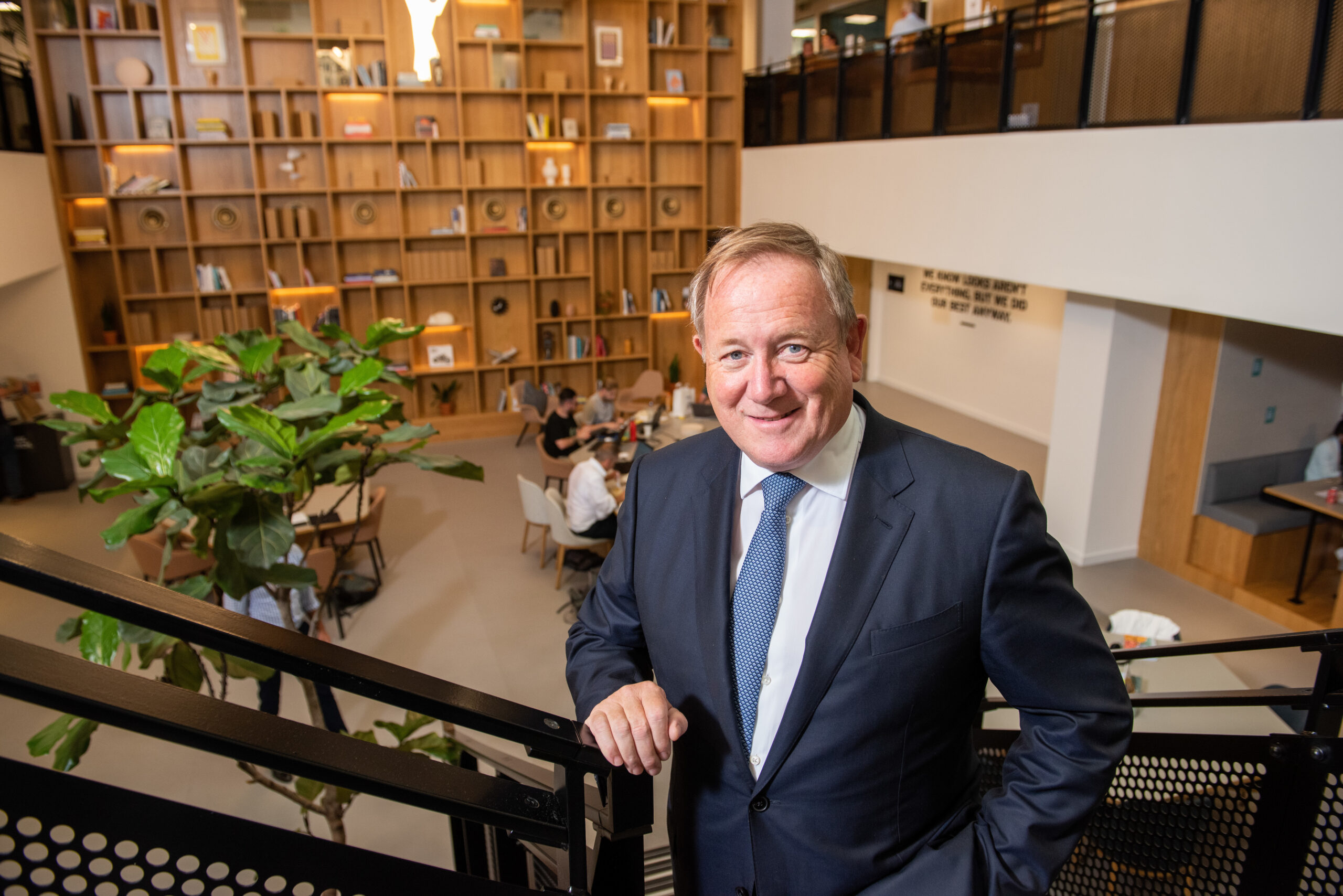Singapore employees prefer working from home
- Shawn Liew

As part of ‘circuit breaker’ measures introduced by the Singapore government until June 1, the majority of workers in Singapore have had to adapt to working from home (WFH).
It would appear, however, that most are in no hurry to return to the office. In the Singapore Workforce Survey conducted as part of the People Continuity Package, 80% of employees indicated a preference to continue WFH half their time or more post-June 1, with only 10% not wishing to continue WFH.
The efficiency of WFH is also questioned, with almost half of respondents (46%) reporting lower productivity. In particular, older employees (49%), or those aged 40 to 53 years old, indicated that they are less productive, compared to 40% of younger workers aged 21 to 30 years old.
The main challenges faced by those facing productivity issues include, practical aspects such as family presence, distractions and space constraints (22%), working longer hours than usual (22%), and the inability to access resources and tools that they could have in the office (21%).
Mayank Parekh, CEO of IHRP, said, “These are early days yet and we will need to see the results over a longer period. However, beyond doubt, COVID-19 will have a profound impact on the future of work. For instance, it has ended the debate over whether or not companies should offer telecommuting.
“The next step for many companies, however, is to couple this flexibility with employee engagement programmes that helps to alleviate the productivity challenges.”
The Institute for HR Professionals (IHRP), in collaboration with the Singapore HR Institute (SHRI) and EngageRocket, put together the People Continuity Package, which is aimed to enhanced WFH effectiveness.
Citing research that shows that engaged employees are more likely to actively participate in crisis management to support and benefit the organisation, the partners urged employers to take action now to ensure that business-critical employees do not resign when the job market stabilises.
Leong Chee Tung, co-founder and CEO of EngageRocket, added, “While ensuring business continuity is important through such crises, the need to engage employees effectively is a critical factor determining how quickly companies can rebound when the economy recovers.”






